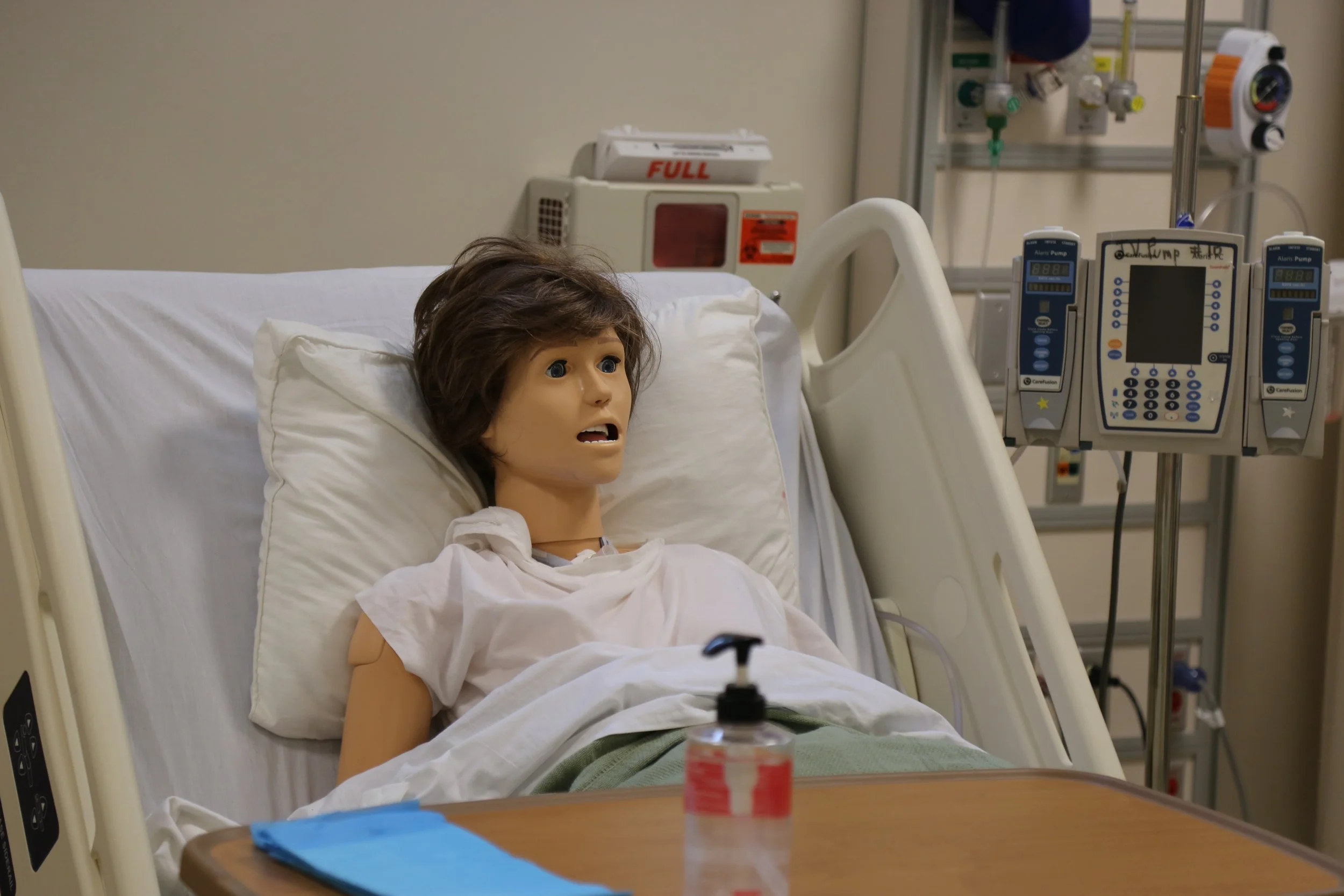The Best Worst Profession
One day back in 1980 I was visiting my parents in Matteson, Illinois. I had been out of nursing school for a year and was currently working at an NICU in Chicago. I was tired, stressed, burnt out, challenged and questioning my decision to become a nurse. Caroline, the girlfriend of one of our neighbor’s sons dropped by because she was considering being a nurse and wanted to know what I thought of my new profession. She was very excited about the thought of becoming a nurse. Being the pig headed and not very diplomatic person that I am I gave her no rose colored glasses. I told her not to even consider it. I told her it was perhaps the worse choice that I had ever made. I told her it was exhausting and stressful and ethically challenging. I complained to her about the physicians, the residents, the baby’s parents. I complained about working holidays and shift rotations. I didn’t stop there. I went on and on as if my one year of nursing taught me everything I ever needed to know about the profession. Her smile faded as she listened to me and although I realized I had stepped on her dream I thought she should know the truth. Once she left my father lit into me. He could not believe I would paint the profession so negatively when it was obvious this young woman was excited about the prospect of becoming a nurse. I told him he just didn’t understand.
I stayed with this profession that I so vehemently “hated” for 43 years and for the past two years I have been tasked with the education of our local nursing students. It’s been challenging, this teaching thing. I am having to relearn skills I have not used for 30 years. I have to keep up with the latest research, the newest protocol, the most up to date equipment. But even more challenging than all of that is figuring out how to reconcile the nursing school nurse with the real life nurse.
I teach in the skills lab. When I teach a skill I teach the proper way to do it, no short cuts, with all of the right supplies when the reality is that many of us use short cuts and very often don’t have the correct supplies. We have learned that if we don’t use short cuts we wouldn’t possibly be able to get all of our work done and that very often the hospital, the unit, the long term care facility, the clinic where we work does not provide us with the proper supplies because of cost.
Sometimes the equipment in our skills labs doesn’t work and the students get frustrated. I have to explain to them that this is not so unusual in our hospitals and they need to think of alternatives should this happen on the job. They are stymied.
How am I to teach these new nurses, so eager and so excited the reality of their profession without scaring them off? How do I set them up for success when I know what a shock their first year is going to be? Here’s a sobering statistic - 56% of new nurses quit the profession in the first two years post graduation. Now I am the one who is stymied.
They come to my classes having just been in one of their clinical rotations with stories of nurses who are not kind to their patients, of nurses who do not follow the protocol that I have been teaching them, of real life heart breaking stories - a baby that died on their shift, a patient who was discharged with no one to care for him at home - and they look to me for answers.
Many times I am silent as I try to pull my thoughts together to give them hope at a time when our healthcare system is struggling. A time when their jobs are going to be more challenging and more complicated than mine was when I started over 40 years ago. A time when many senior nurses are leaving hospitals because they can’t take it anymore.
But sometimes I take a deep breath and I say the right thing.
I tell them that nursing is one of the most rewarding professions there is. That they will find their place in a profession that offers a wonderful variety of places to work.
I tell them that they’ll find a unit or a floor that has “their tribe” working there and those people will become like family to them because they will work as a team and bond over the traumas and joys they experience.
I tell them that they will experience the highest highs and the lowest lows of their life and will be better people because of those experiences.
I tell them that more than anything all they need to do every day of their working career is be the safest, most compassionate nurse that they can be given the circumstances. To speak up when they think they can and hold back when they feel they must.
I tell them they will make mistakes and God willing they will do no harm.
I tell them that one day they will come home from a truly horrible day and they will go into the shower and sit down on the floor and sob as the water rains down on them. But that they haven’t failed because like all good nurses they will go back the next day and try again to be the best nurse that they can be.
And I tell them to embrace the challenge.
And if any of them ask if I had to do it all over again would I be a nurse,
I tell them “In a New York minute.”
